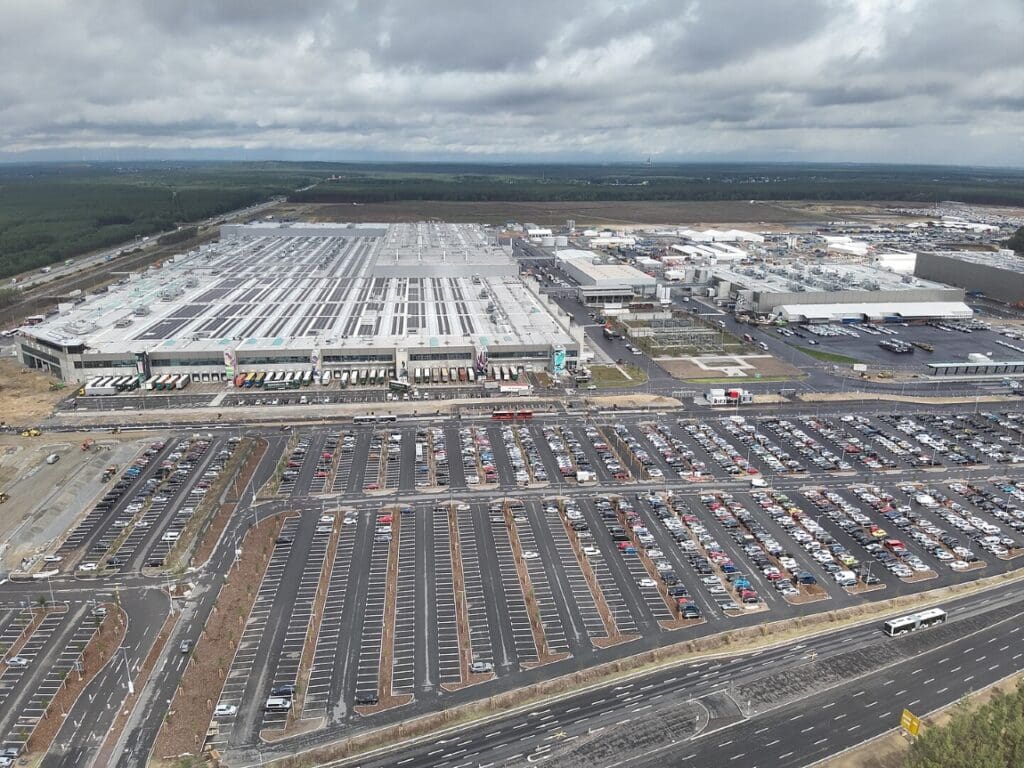University of Maryland | MP – Climate change is driving more extreme heat and more air pollution from wildfires, each of which put human health at risk.
Now, new research funded by the federal Agency for Healthcare Research and Quality (AHRQ) and led by University of Maryland School of Public Health Professor Dr. Amir Sapkota, will study how these hazards independently and jointly impact already vulnerable groups, such as people living with end stage kidney disease (ESKD).
The researchers aim to identify preventative solutions.
“During extreme heat, the damaged kidneys of people with ESKD do not regulate fluid levels very well, leading to electrolyte imbalances and other potential complications,” said Sapkota, chair of the UMD SPH Department of Epidemiology and Biostatistics and an expert on climate change and health.
“Most people can cool down by staying hydrated, but the liquid intake of a person with dialysis is strictly monitored and limited, so this is not an option.” Hemodialysis, or dialysis, filters waste and water from the blood, and requires multiple in-person treatments every week.
The study is being conducted in partnership with investigators from Renal Research Institute (RRI), Indiana University School of Public Health, UMD School of Medicine and colleagues within the UMD School of Public Health.
Researchers will analyze 25 years of U.S. electronic health records data from Fresenius Medical Care (FMC), the world’s largest provider of products and services for individuals with renal diseases, to understand how wildfire-related air pollution as well as extreme heat events can affect the risk of hospitalization and death among people living with ESKD. The study will consider how these risks vary for ESKD patients across climate regions, sociodemographic factors and other preexisting conditions.
Sapkota says the study will help identify patient populations most at risk of being hospitalized or dying during these compound hazard events.
“People with chronic kidney disease undergoing hemodialysis are a particularly vulnerable population due to the failure of their kidneys,” said Peter Kotanko, MD and RRI’s research director.
“As a result, they are predisposed to a range of comorbidities, notably cardiovascular disease, which heightens their susceptibility to the adverse effects of climate change, including heatwaves and wildfire-related air pollution.”
Recent evidence from the Intergovernmental Panel on Climate Change (IPCC) suggests extreme weather events are becoming more frequent, more intense and longer-lasting. Evidence generated from this new AHRQ-funded research could help to minimize the health burden of these extreme events among the 35 million Americans living with chronic kidney disease.
Article Source:
Press Release/Material by University of Maryland
Featured image credit: Freepik (AI Gen.)




